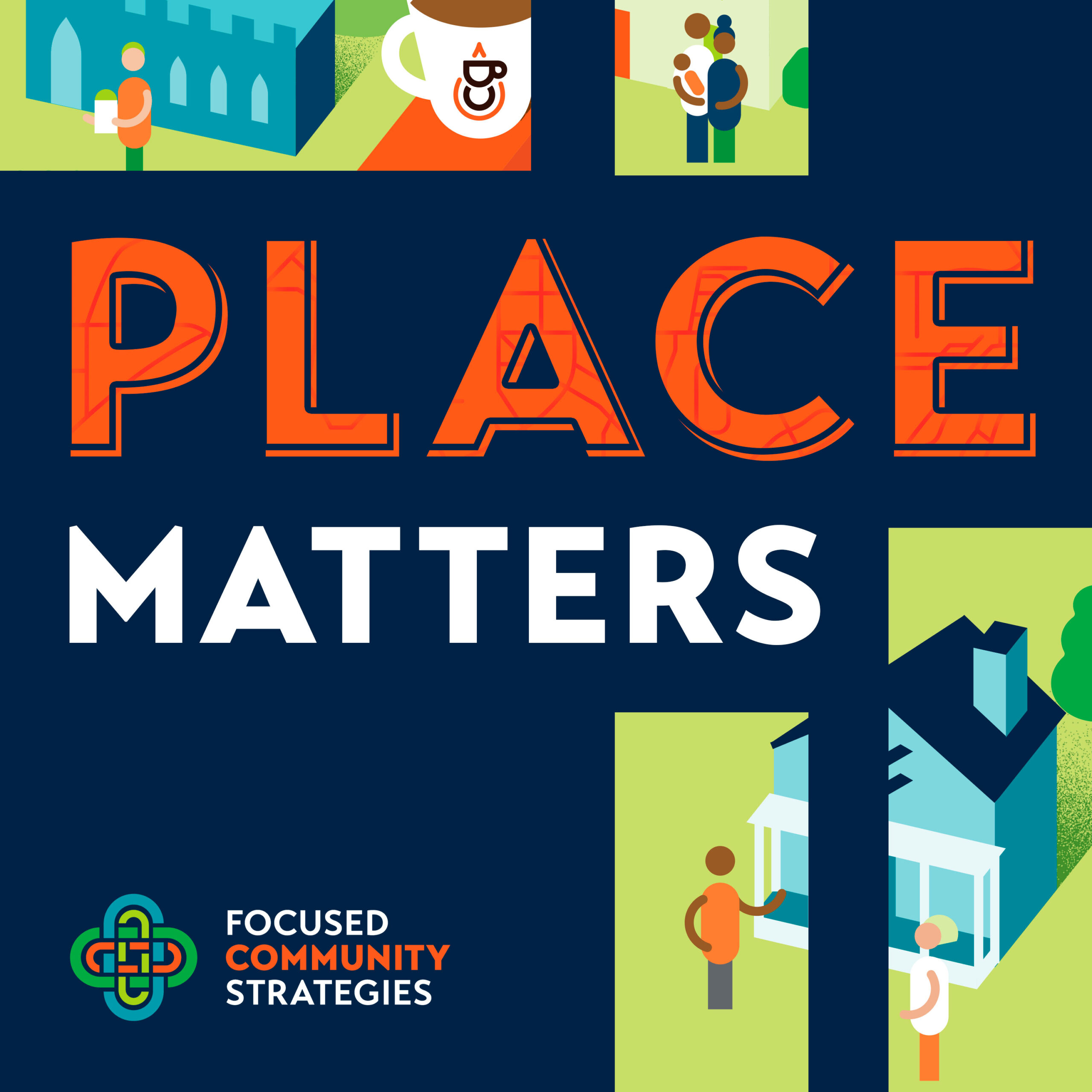Listen in as Shawn chats with Dr.Dan Immergluck about the design complexities in cities like Atlanta. Dan is the author of over 100 scholarly articles and 5 books that focus on housing, race, neighborhood change, gentrification, segregation, real estate markets, and urban political economy. Listen in as we talk about his research in one of his recent books, Red Hot City: Housing, Race, and Exclusion in Twenty-First Century Atlanta.
This conversation highlights missed opportunities in Atlanta’s development and the need for more equitable approaches. We explore the impact of corporate investment on Atlanta’s housing market and the role of federal and local policies in increasing inequity and solving neighborhood problems for equitable and thriving communities.








